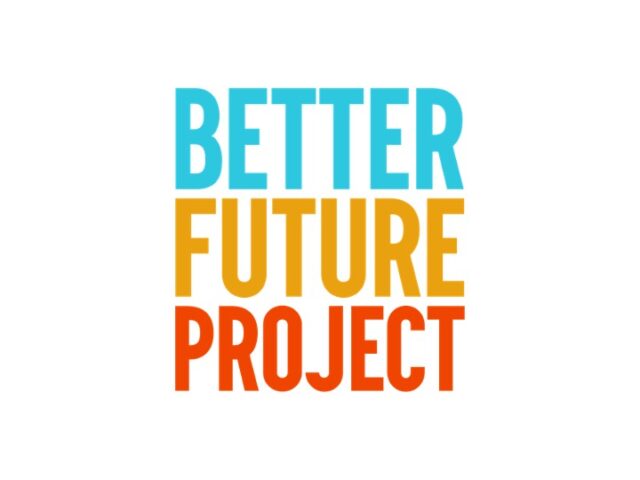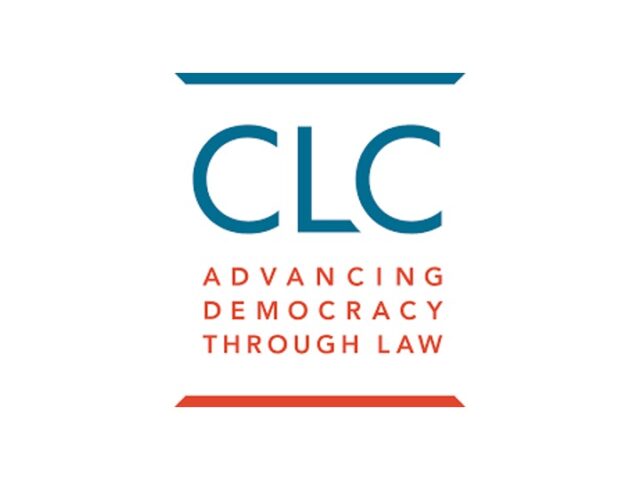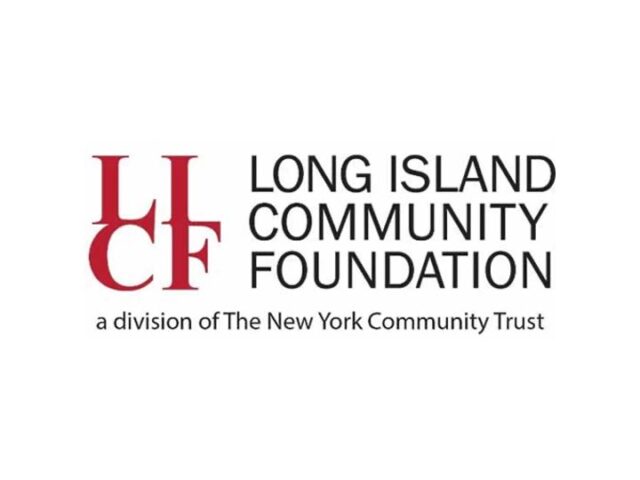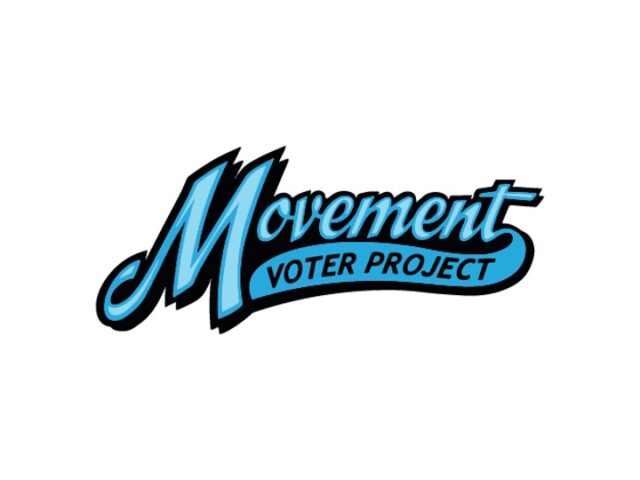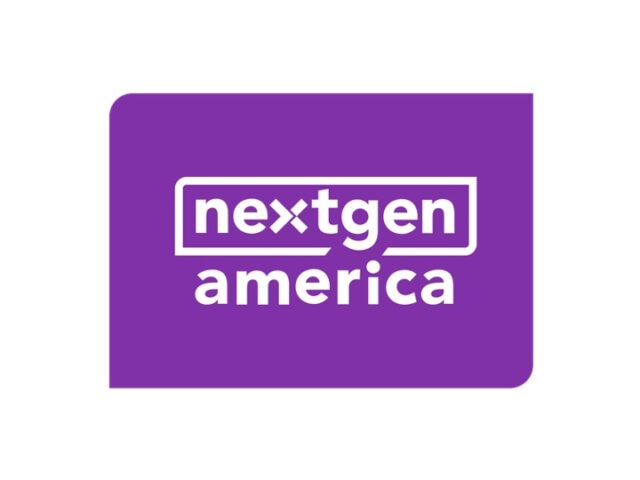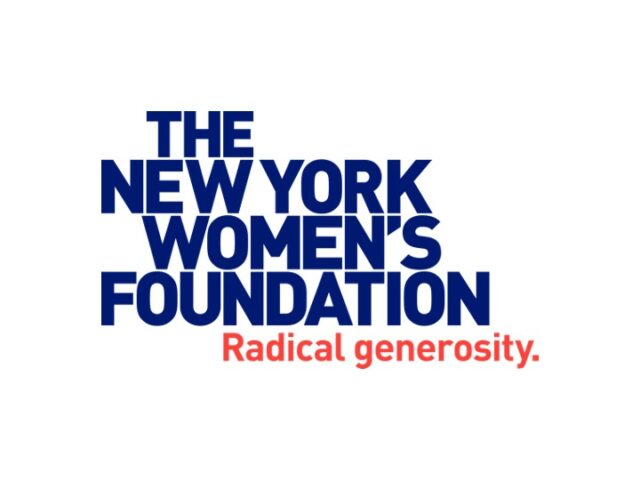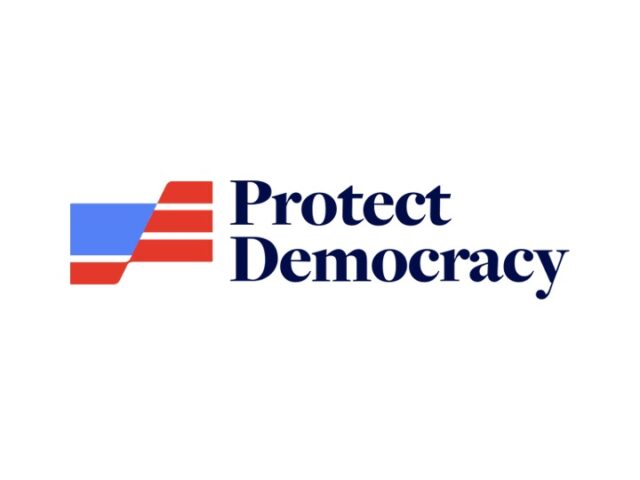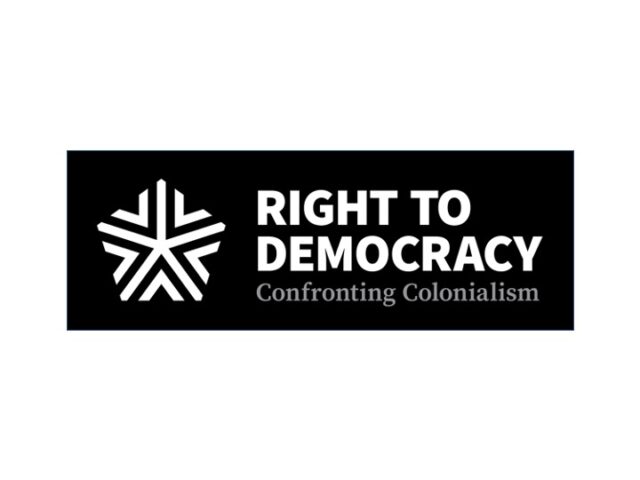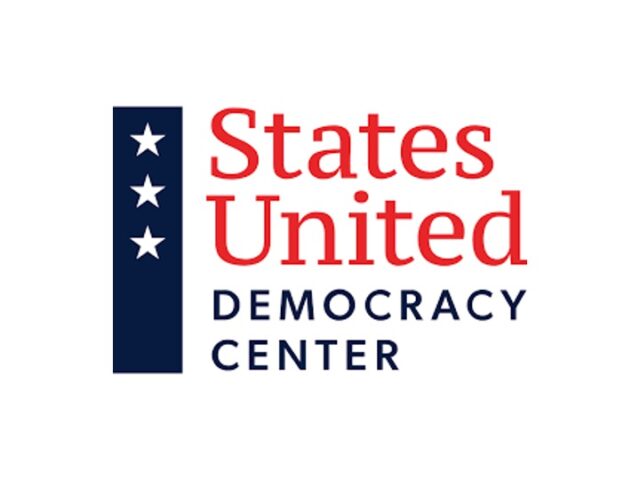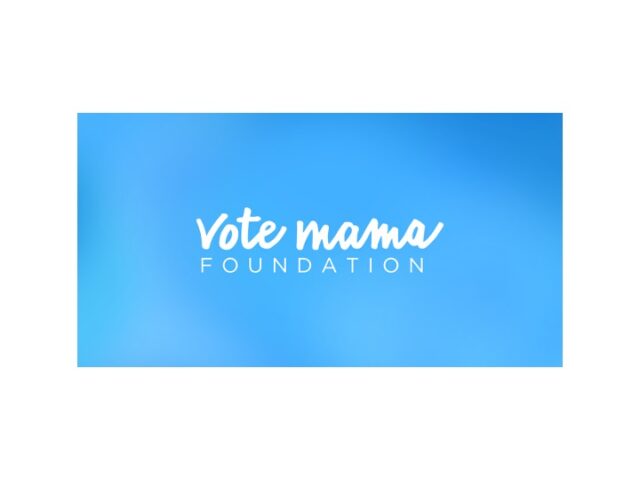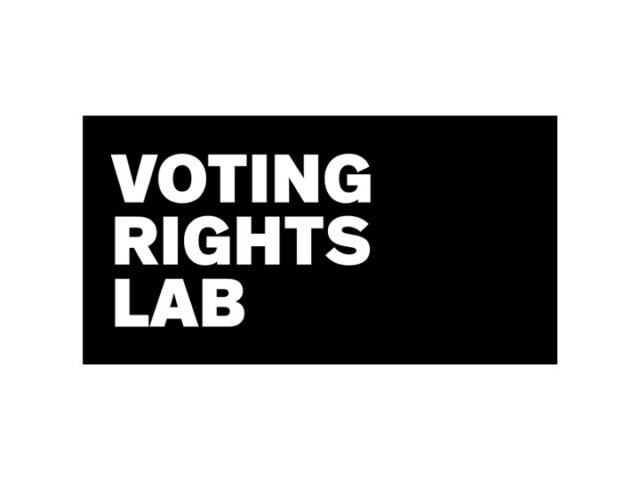Social Justice
We aim to strengthen our democracy by engaging and educating historically underrepresented voters and countering voter suppression.
A strong, fully representational American democracy underpins much of the work that The J.M. Kaplan Fund has supported for the past 75 years. In late 2019, we made a significant shift in our social justice funding toward ensuring that new Americans, people of color, and disenfranchised people including returning citizens had an opportunity to participate in our democracy. This new focus is built on more than two decades of support for America’s immigrants and several years of funding for de-carceration initiatives in New York State. Voting and participation in other democratic processes like the census are fundamental to a free and just America, but are far too inaccessible to many. Our grants aim to expand and protect the American electorate in the hope of “a more perfect union.”
GRASSROOTS ORGANIZING
We support organizations that are deeply rooted in their communities. These local, “trusted messengers” lead campaigns that tackle myriad issues from polluted drinking water to COVID-19 response. The trust these organizing groups have instilled over years of advocacy is why they are so effective at engaging voters and building power. The Fund supports organizing efforts across the country—in both rural and urban places—and across a range of activities including “deep canvasing” and voter education in diverse languages. We believe that informed voters are better able to combat voter suppression and identify leaders who will relentlessly fight for community interests and needs.
DEMOCRACY
“The Establishment of our new Government seemed to be the last great experiment for promoting human happiness.” –George Washington, January 9, 1790
The past decade has exposed significant weaknesses in our democracy that require a strong, organized response from its citizens, including philanthropy, to ensure its continued success. We see free and fair voting practice, the census, and redistricting as core democratic competencies that have fallen victim to partisan politics and an underinvestment in innovation. We support organizations that stand up for voters and strong, fair voting practices. We also support a fair census count in New York State, especially Long Island, where BIPOC communities have historically been underrepresented.
Please note that we make grants by invitation only and do not accept unsolicited requests.


